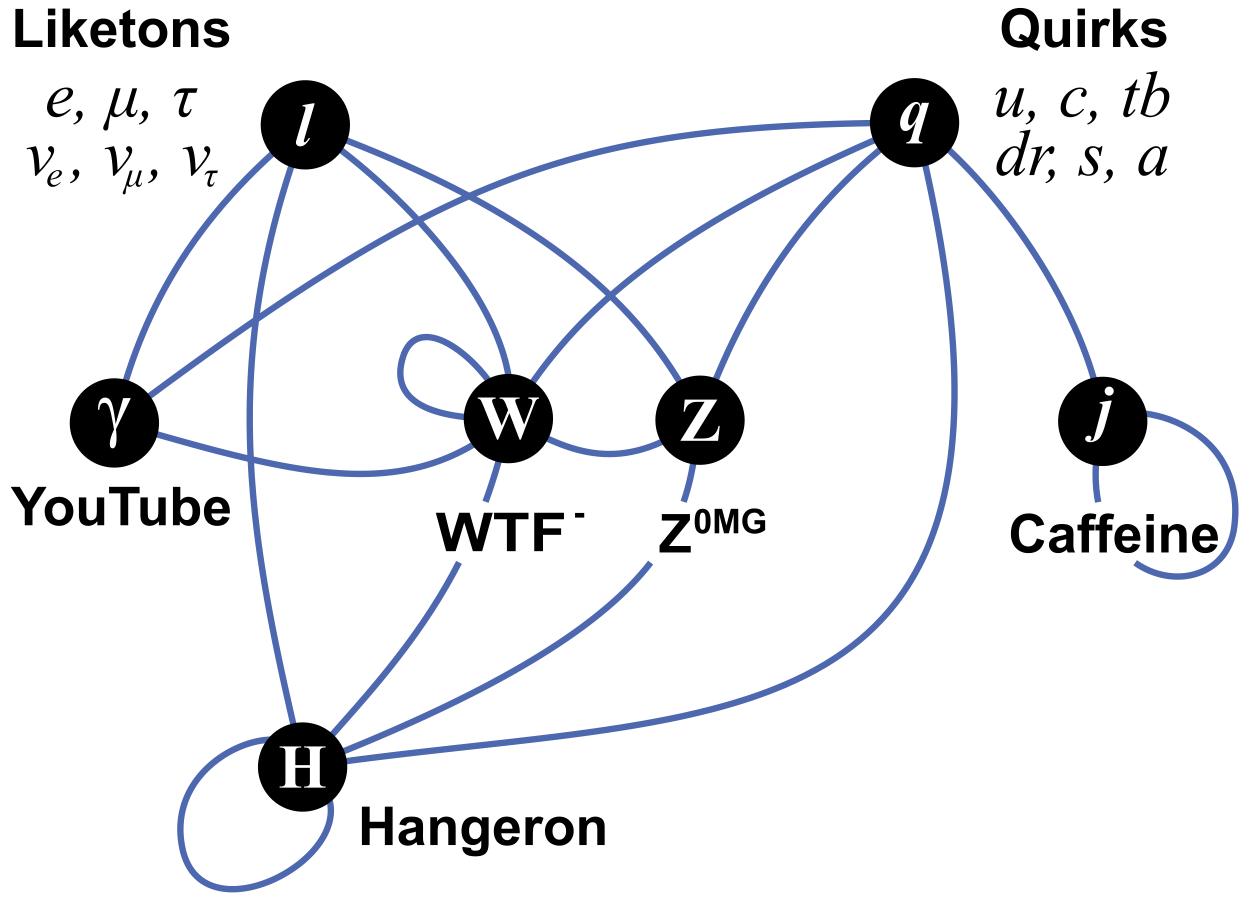Some time ago, we had a discussion on the American Dialect Society mailing list about the Dictionary of the Scots Language (DSL). DSL consists of the Dictionary of the Older Scots Tongue and the Scottish National Dictionary, together making 22 volumes in print (plus a 2005 supplement). These amazing resources are now available on-line, providing searchable electronic versions of the fruits of scholarship on the Scots language. For free, no strings, available to anyone with web access. (DSL is just part of a larger set of resources, the Scottish Language Dictionaries, or SLD.)
I was astounded, and said so to the list. How was this managed, when parallel resources in English (for instance, the Oxford English Dictionary, the Dictionary of American Regional English, and the Historical Dictionary of American Slang) had scant prospect of getting a similar treatment within the foreseeable future? (The monumental English Dialect Dictionary is apparently being digitized — at the University of Innsbruck!) I exchanged e-mail with DSL staff and discovered just how fragile the whole business was: a subvention from the Scottish Arts Council provided the backbone of the support, and private donors supplied some support, but the enterprise seemed to survive on a phalanx of (unpaid) volunteers (and I suspected that the staff was not very well paid).
I intended to post to Language Log at the time, just to alert people that DSL was available on-line, but the posting fell behind other things and I never got back to it. Now, it turns out, the dictionaries are threatened.
Read the rest of this entry »





